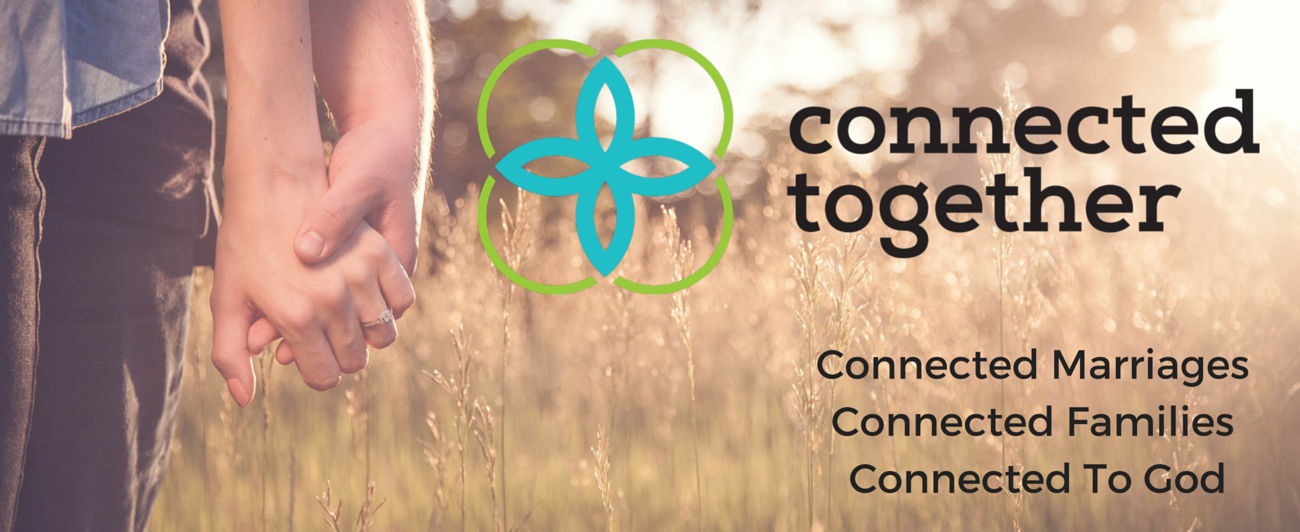
So many feel stuck and powerless because they won’t accept themselves. So many are so gifted and talented, but they won’t express themselves because they fear rejection. Because it attacks the very person that we are. It destroys our self-esteem, and attacks who we are and our purpose in life. This is why it is one of the most common tools the devil will use to destroy a person’s life.
“Over the years, I have come to realize that the greatest trap in our life is not success, popularity, or power, but self-rejection. Success, popularity, and power can indeed present a great temptation, but their seductive quality often comes from the way they are part of the much larger temptation to self-rejection. When we have come to believe in the voices that call us worthless and unlovable, then success, popularity, and power are easily perceived as attractive solutions. The real trap, however, is self-rejection. As soon as someone accuses me or criticizes me, as soon as I am rejected, left alone, or abandoned, I find myself thinking, “Well, that proves once again that I am a nobody.” … [My dark side says,] I am no good… I deserve to be pushed aside, forgotten, rejected, and abandoned. Self-rejection is the greatest enemy of the spiritual life because it contradicts the sacred voice that calls us the “Beloved.” Being the Beloved constitutes the core truth of our existence.” ― Henri J.M. Nouwen
Rejection hurts. Here are some effects that rejection has on our emotions, thinking, and behavior.
- We can relive feelings of rejection more than we can physical pain. Try recalling an experience in which you felt significant physical pain, you will find that memory alone won’t elicit physical pain. But try reliving a painful experience of shame or rejection, and you will be flooded with many of the same feelings you had at the time. We can get stuck in a cycle where we can’t let the shame or rejection go.
- Rejection and shame sabotage our “Need to Belong.” We all have a basic need to belong to a group or community. When we experience shame or rejection, this need becomes destabilized and the disconnection we feel adds to our emotional pain. Reconnecting with those who love us, or reaching out to friends that who value and accept us, has been found to soothe emotional pain after a rejection.
- Rejection can increase anger and aggression. In 2001, the Surgeon General of the U.S. issued a report stating that rejection was a greater risk for adolescent violence than drugs, poverty, or gang membership. Countless studies have demonstrated that even mild rejection can lead people to take out their aggression on innocent bystanders. School shootings, violence against women, and fired workers going “postal” are other examples of the strong link between rejection and aggression.
- Rejections can destroy our self-esteem. We often respond to relationship rejections by finding fault in ourselves, kicking ourselves when we’re already down, and over focusing on our all our inadequacies, smacking our self-esteem into a pulp. Blaming ourselves and attacking our self-worth only deepens the emotional pain we feel and makes it harder for us to recover.
Here are some things that you can do that will help you soothe and heal feelings of rejection. Go to the post below to help you find resources that will soothe and heal feelings of rejection.
“So many are in prison because they won’t accept themselves. So many are so gifted and talented, but they won’t express themselves because they fear rejection. They fear man. They fear what people will think. I want to love My people, but they hold Me at arms length and won’t let Me really love them because they have been hurt by others. They fear I will reject them because of their weaknesses—like people have—but I will never reject them. Tell them I love them. Ask them to stop trying so hard to be acceptable to Me and to realize I accept them where they are. Tell them I don’t want perfect performance from them. I want them to love Me and to let Me love them.” quote from Joyce Meyers

Please note: I reserve the right to delete comments that are offensive or off-topic.